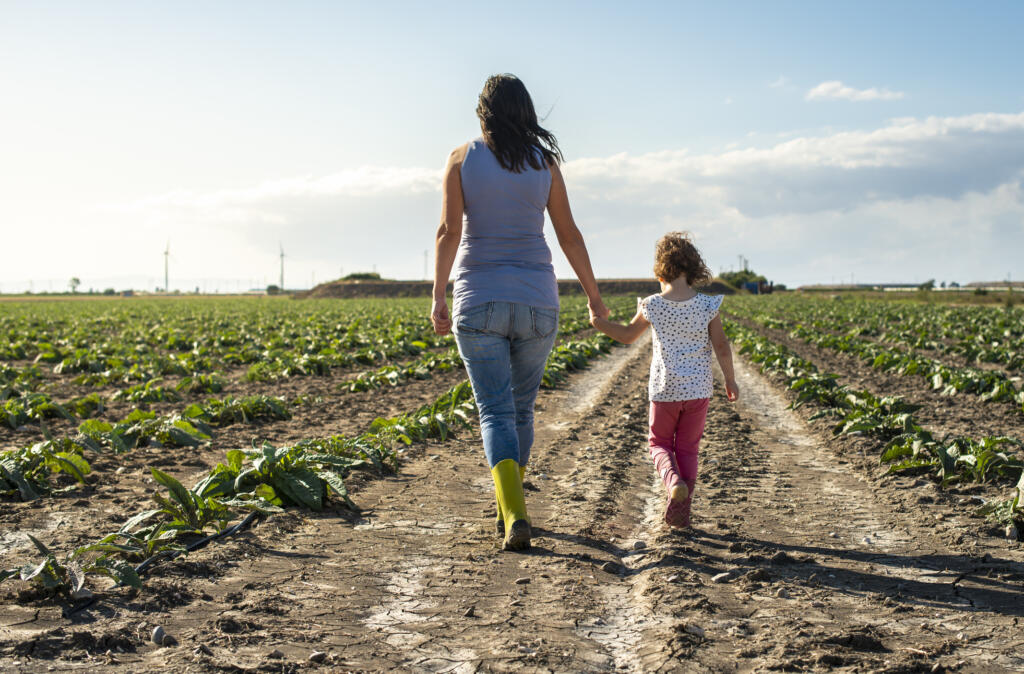
This article is part of a series in which we are exploring some of the factors which are particularly relevant to divorces involving farms. One such factor is the structure of the farming partnership itself.
Dealing with finances upon divorce is often complex, but when there is a farm involved the issues can require particularly specialist advice.
Why is a farm divorce more complicated?
Often the farm will belong to the parents of the husband or wife – or, if that’s no longer the case, then it will have been inherited from the parents of either spouse. The complication is that, very often, there won’t be a partnership agreement in place, as children fall into work with their parents and the farm passes through the generations.
This means that the first step is to work out what is owned by the partnership, what is owned personally by the parents or other family members, and what is owned personally by the husband or wife (or both).
What belongs to the farming partnership and what belongs to the individual?
There are places to look for clues, such as the title register of land (although only the partners as individuals, rather than the partnership itself, can own land, so this may not be conclusive) or the partnership accounts, but very often it will be arguable one way or another. The best way to ensure that it is clear what belongs to the partnership and what belongs to an individual is to put a partnership agreement in place and ensure that the partnership accounts reflect what has been agreed.
If land is in the name of the parents, for example, then the Court are unlikely to order that it is sold. The Court do not have the power to order the sale of assets belonging to anyone other than the husband and/or wife, unless they are joined as parties to proceedings.
This said, this does not mean that the Court will exclude any such assets from consideration – just because it’s in the parents’ names, does not mean that the partnership (and, therefore, the husband or wife or both) do not have an interest in the land.
How will the divorce impact the farming partnership and assets?
If the partners are more than just the husband and wife, then the other partners may want to be involved in the divorce proceedings in order to ensure that their interest is protected and they have a platform from which to assert their claim. They should take advice as early on as possible and it may be that they can be joined as a party to proceedings in order to assert their claim to assets which may otherwise be considered to be available for distribution between the husband and wife. In such circumstances, the Court would want to ensure that the ownership of any land, livestock or deadstock has been decided before they proceed with working out who should retain what of the farm.
The Court will consider the practical factors around the farm before making any decisions. If the partnership provides an income for multiple households, then the Court will be reluctant to make a decision which makes the partnership no longer viable – for example selling such a significant amount of land in order to fund a settlement that the income reduces disproportionately. This is not to say that the spouse who is likely to remain in the farm will get off lightly – the Court will be equally concerned about each spouse’s needs – simply that they will be considerate of the other parties involved in the process and the likely impact any decision relating to the marriage will have on them.
For more information on how divorce can affect farming families, you can read our previous articles in the series here:
- How are farming divorces different to other divorces?
- What if the family farm was inherited?
- The benefits of getting pre-nuptial or post-nuptial agreements
If you have any concerns about what may happen to your farm if you or your children were to get divorced, please contact us so that we can discuss various forms of protection before they are required.
